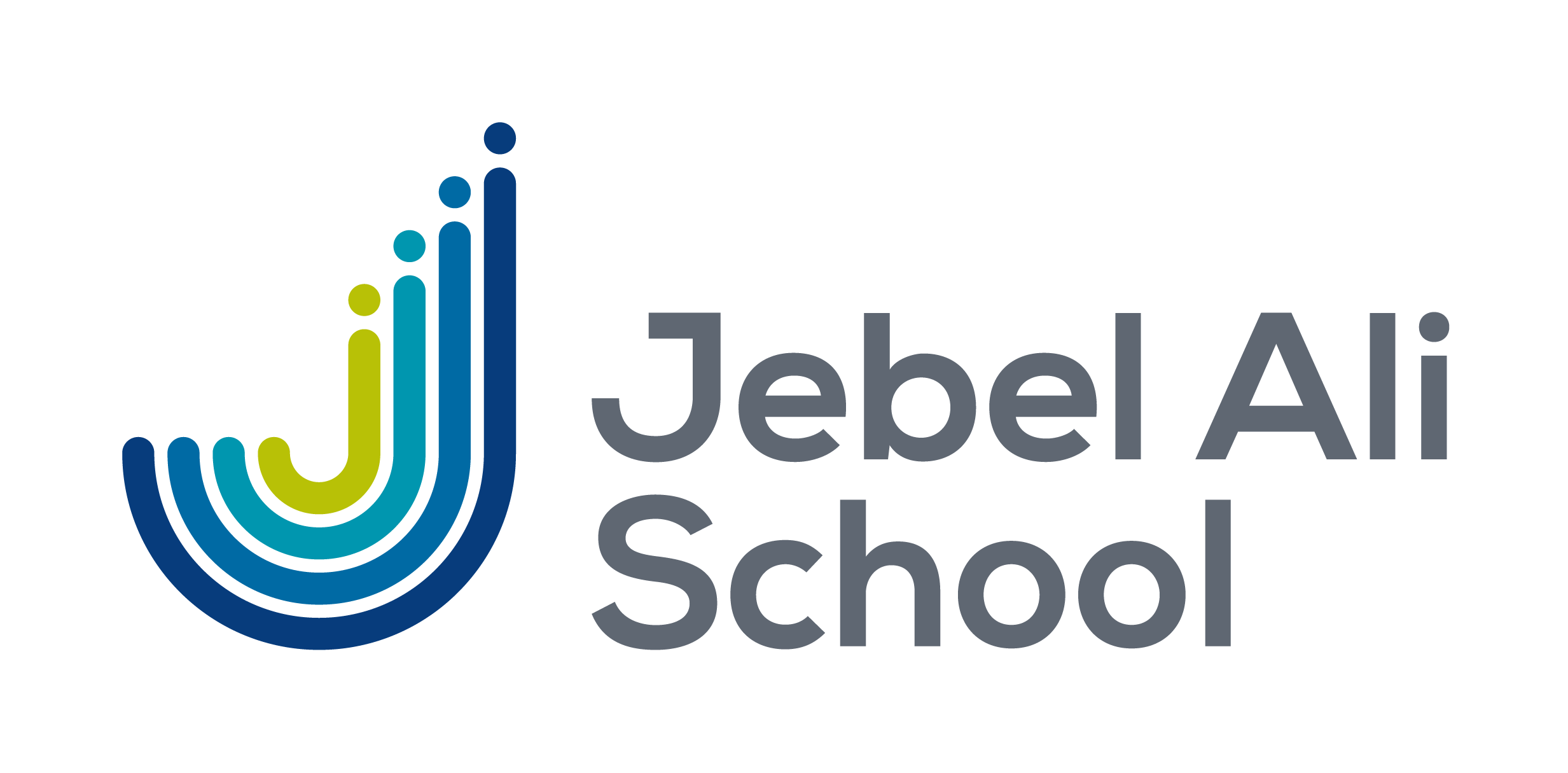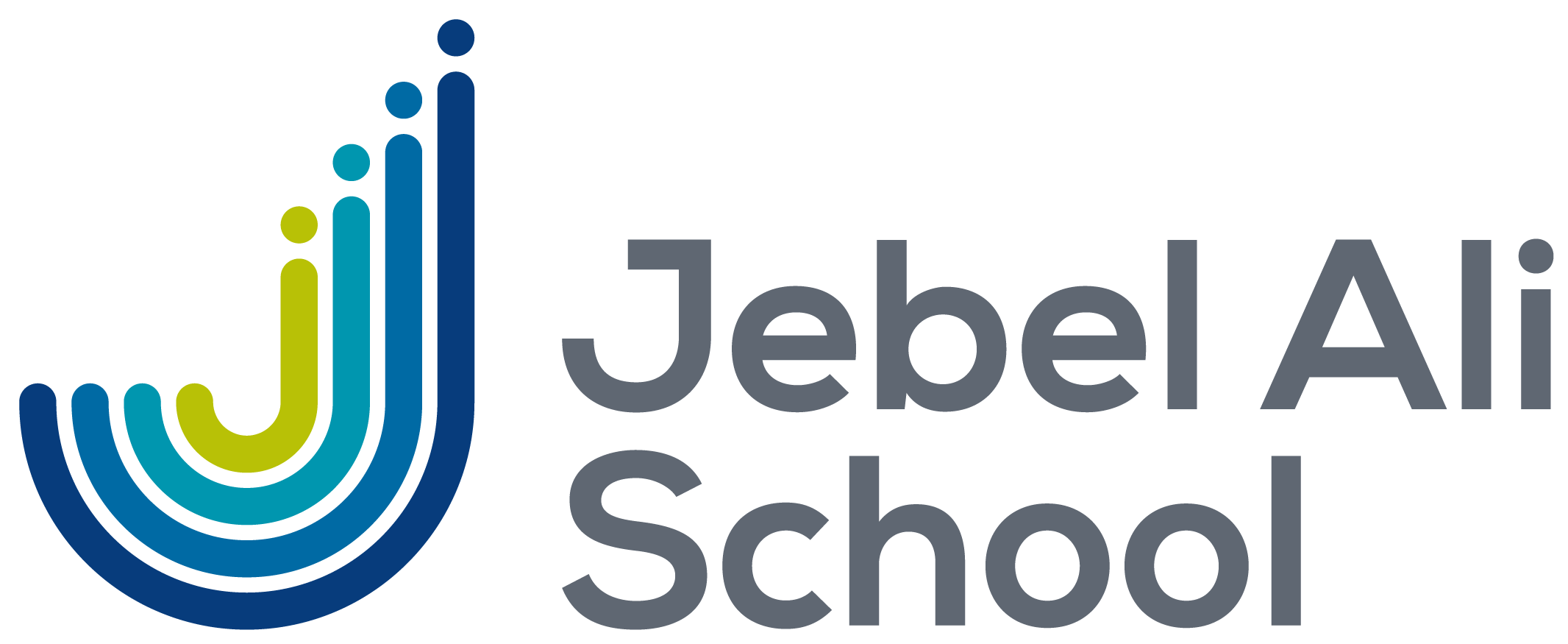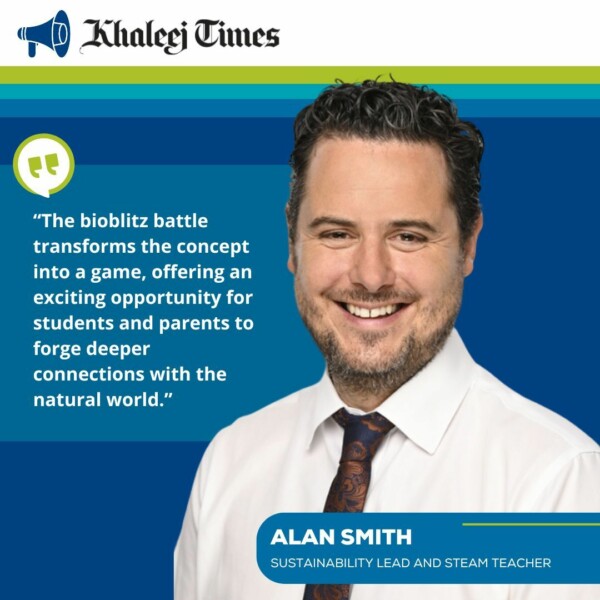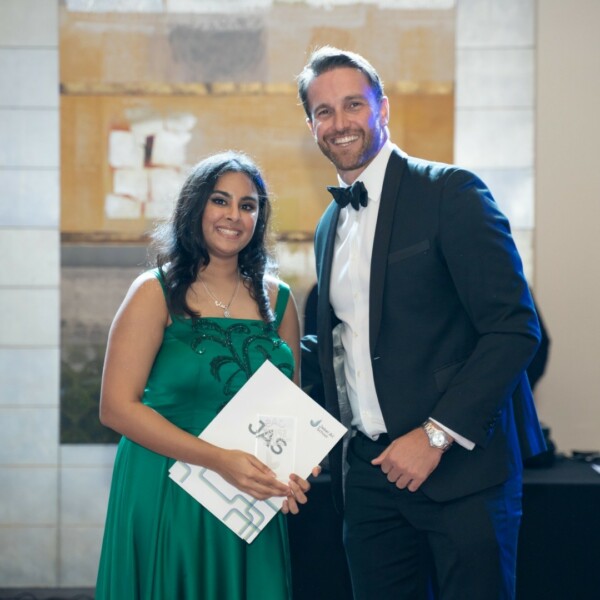Curriculum
Examination Results
CREATIVE & PERFORMING ARTS
WELLBEING
INCLUSION
Curriculum
Examination Results
PERFORMING ARTS
WELLBEING
INCLUSION


DYNAMIC and INSPIRATIONAL
Our Sixth Form students are mature ‘consumers’ of further education and face the choice of many learning experiences and environments.
That’s why our Sixth Form team works so hard to make sure the options we offer and our Sixth Form areas they are relevant and appealing to students looking for a ‘college style’ campus experience.
There is a strong link between a student’s passion and enthusiasm for a subject and their likelihood to succeed, at the heart of our approach is a raft of exciting pathways allowing tailored programmes and timetables to suit individual interests, learning styles, needs and life goals.

find out more
To find out more, download our Sixth Form Prospectus.
Discover our University Destinations.
A range of Post 16 Pathways
Post 16 Option choices at Jebel Ali School are varied, offering a range of appropriate curriculum pathways for our students. At Jebel Ali School, we offer A-levels, BTECs and the Extended Project Qualification (EPQ).
Students are provided with guidance to choose the courses that most suit them and then our experienced subject specialists guide them through their two years of Sixth Form study and on to university, an apprenticeship or straight into their chosen career.
Upon applying to join Jebel Ali School Sixth Form, students will be invited to attend a guidance interview with a member of our Sixth Form Team to help select the right blend of pathways. Guidance interviews provide personalised advice based on aspirations and GCSE attainment, and students will discover appropriate courses and pathways available to them.
Assessment is integral to our learning and teaching. It makes sure each student’s progress is closely monitored against personal learning targets. Reviews of individual progress are used to monitor and adjust personal targets. Assessments at the end of Year 12 and the first term of Year 13 will be used to monitor progress and predict grades for university applications.
Assessment is integral to our learning and teaching. It makes sure each student’s progress is closely monitored against personal learning targets. Daily reviews of individual progress are used to monitor and adjust personal targets. An assessment at the start of Year 12 will be used to monitor progress and predict grades for university applications.
SIXTH FORM


Throughout their A-level and BTEC studies, students’ progress is monitored closely, using the exam board’s criteria. The form of assessment varies from subject to subject, with some relying on written exams and others on coursework or practical assessment. Teachers provide feedback to support independence and enable students to recognise gaps in knowledge. The Hub contains plenty of desks and quiet areas where students are encouraged to use their study time to read and research around their subject areas, completing assignments and revision as necessary.
For Sixth Form students who can benefit from a little extra support, additional learning, or their own space to grow, our specialist learning support teachers provide encouragement, support and more time to complete tasks.
A-LEVEL AND BTEC qualifications
We offer a wide range of A-Level subjects and BTEC qualifications. Students can choose to study up to four different A-Levels or a combination of BTEC and A-Level or BTEC and BTEC qualifications.
As with their GCSE qualification, A-Levels are linear and students are examined at the end of the two-year course. Depending on the course and its content, examinations are either theoretical or practical. Some of our A level courses follow a modular pathway (currently Geography, with Mathematics and potentially English Literature as modular pathways from September 2025). The modular pathways at A level allow the students to complete some of their examinations in Year 12, alleviating pressure in Year 13 as the students will, potentially, have fewer examinations in the summer term.
BTECs are vocational and involve more coursework and practical learning situations. Students are continually assessed throughout the two years and submit regular assignment reports. For this reason, BTECs tend to appeal to students who suit an ongoing assessment of their understanding and application of skills, rather than one final examination.
A-LEVELS




Students studying A-Levels or BTEC, or a combination of those qualifications, can learn academic principles and understand how to apply them in a practical environment. This blended approach to Sixth Form learning is more likely to embed knowledge and increase the ability of students to retain and retrieve what they learn.
The A-Level and BTEC subject choices made during Year 11 shape the final years of school. It’s crucial that they are taken seriously. We have covered what students need to know about each subject in our Sixth Form prospectus. Please download it and study it carefully.
Unlike Secondary School, a typical Sixth Form timetable includes three scheduled tutor sessions a week. The tutor sessions support students with practical information about university research and application skills. A range of universities and visiting speakers also advise and inform students about possible career and further education pathways.
Students are also given advice and guidance on how to make the best possible use of their independent study time. As a rule of thumb, each A-Level subject or BTEC subject requires 2-3 hours of study outside the classroom and each timetable takes this into account.
BTEC
Extended Project Qualification (EPQ)
The Extended Project Qualification (EPQ) requires students to either research and write a 5,000-word report on a topic of interest to them, or to create an “artefact,” which can range from designing a computer program to making an artwork or organising an event.
The artefact must be accompanied by a shorter written explanation (1,500 words) of research ideas and project management towards the final outcome.
Universities and employers value the EPQ because they know that it helps to develop research, referencing, note-taking, writing and presentation skills and that its completion demands a considerable depth of knowledge, independence and focus. For that reason, the one-year course qualification earns valuable UCAS points.
Each student is allocated an EPQ supervisor who will advise and guide them throughout the year, and time for teaching, support and study is built into the timetable.


Next Steps
Join the
JAS family
We invite you to visit us, and experience for yourself what makes Jebel Ali School such a special place to be.
Our highly experienced Admissions Team is on hand to discuss and answer any questions or queries. Our admissions process begins with the completion of an online enquiry, an invitation to a school tour with our Academic Team followed by a formal application.
We look forward to welcoming you.

BOOK A TOUR








